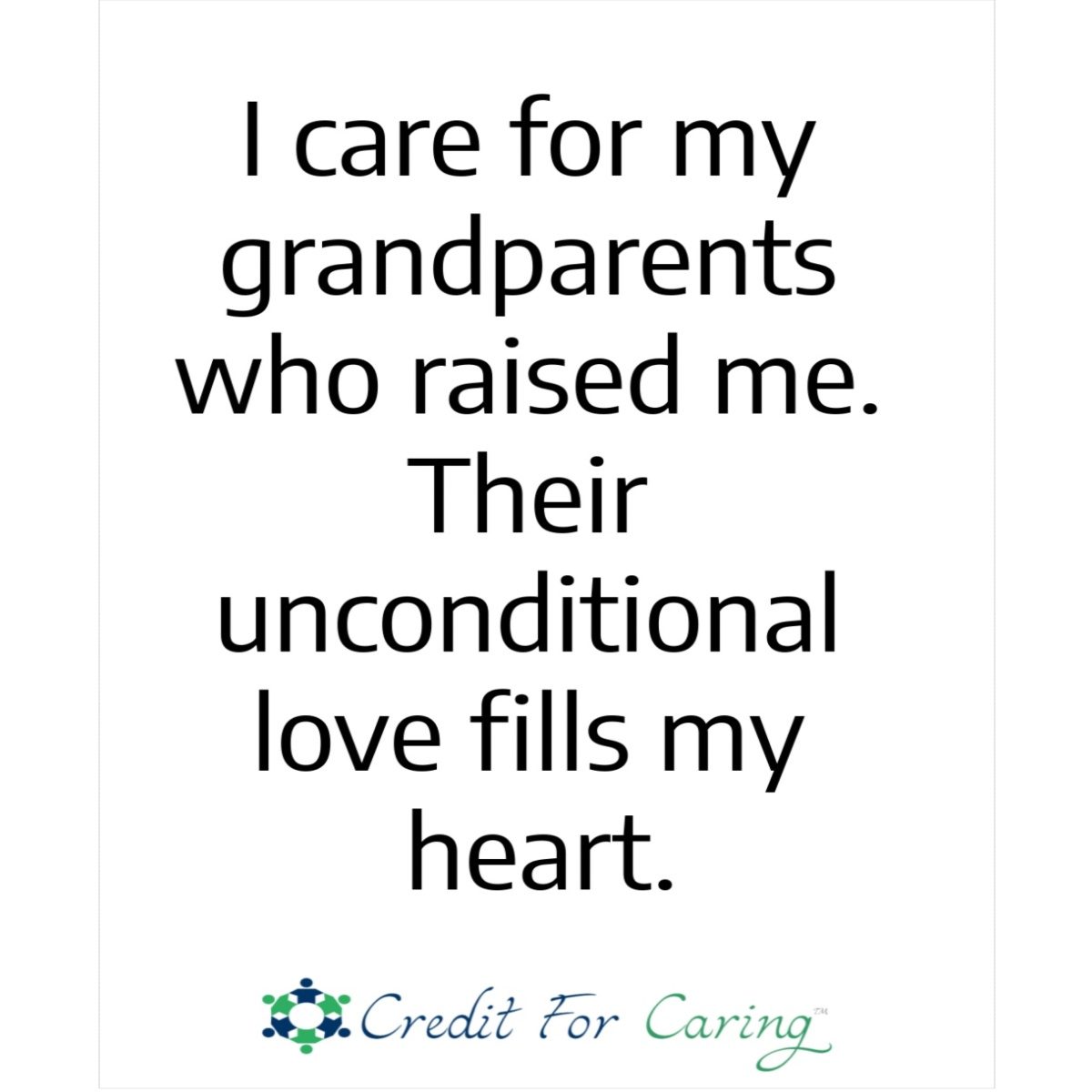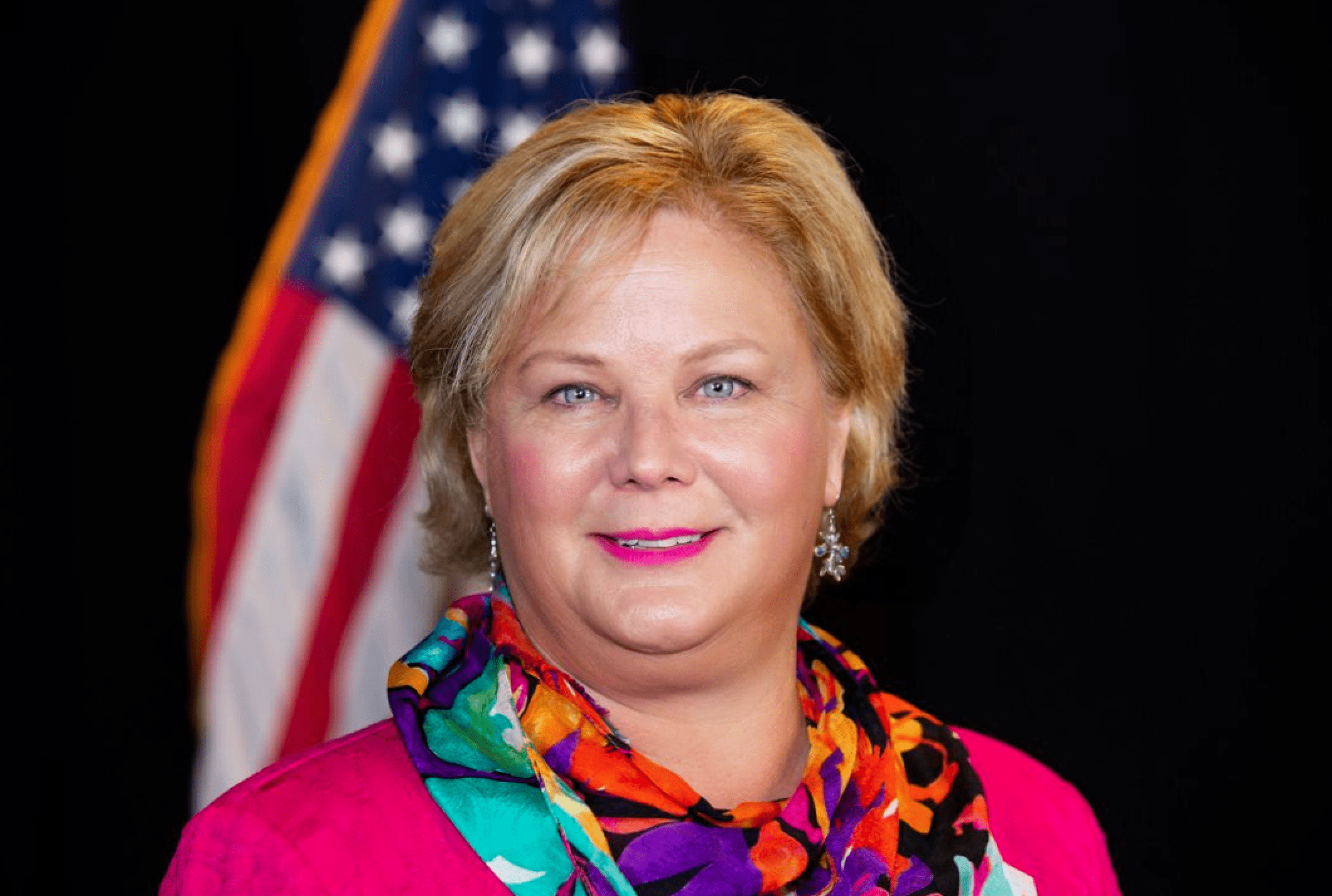
Grandchildren Caring for Grandparents
Caregiving is often seen as a role for adults, but a growing trend is emerging—grandchildren are stepping up to care for their grandparents and other older family members. These young caregivers, many from Gen Z and Generation Alpha, are quietly shouldering responsibilities that most people don’t associate with childhood or adolescence. While their peers focus on school, friendships, and personal growth, these young individuals are balancing homework with managing medications, attending doctor’s appointments, and assisting with daily living tasks.
The reality of caregiving for young individuals often goes unnoticed. Arriving late to school, sleeping in class, and falling grades are signals that too often are brushed aside. Many teachers and school staff may not realize that a struggling student is also a caregiver at home. These young caregivers are not just dealing with the pressures of academics; they are navigating complex responsibilities like preparing meals, providing mobility support, and ensuring their loved ones take their medications. This intersection of ABCs (education) and ADLs (activities of daily living) presents an overwhelming challenge for young caregivers, who often feel torn between their academic success and their caregiving duties.
One of the most significant challenges for young caregivers is the emotional toll. Witnessing the decline of a loved one, managing their pain, or handling the unpredictability of chronic illnesses can be mentally exhausting. These young caregivers may experience stress, anxiety, and even depression, yet many hesitate to seek support, fearing they won’t be understood or that asking for help could lead to separation from their loved one. The weight of caregiving can also impact their social lives, as they may miss out on extracurricular activities, friendships, and milestones that are essential to their personal development.
Despite these challenges, young caregivers also develop incredible strengths. They gain resilience, compassion, and a deep sense of responsibility at an early age. They learn how to manage time efficiently, advocate for their loved ones, and navigate complex healthcare systems. While their experiences are demanding, they also shape them into empathetic and resourceful individuals.
As this trend continues to grow, it is crucial to recognize and support young caregivers. Schools, communities, and workplaces must acknowledge their unique struggles and provide resources to help them balance their responsibilities. Awareness campaigns, peer support groups, and educational accommodations can make a significant difference in ensuring that these young caregivers do not have to sacrifice their future for their present responsibilities.
If you know a young caregiver, offer support. Listen to their experiences, connect them with available resources, and remind them that they are not alone. Caregiving is a journey that should never be walked alone, no matter how young or old the caregiver may be. It’s time to shine a light on the hidden caregivers among us and ensure they receive the recognition, understanding, and support they deserve.



